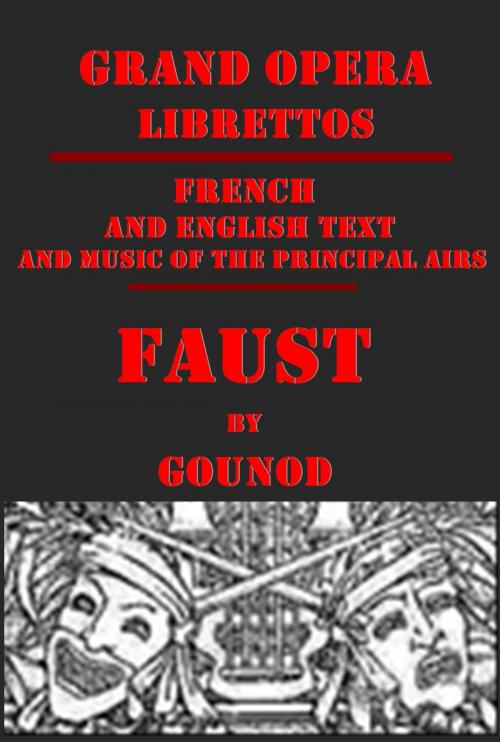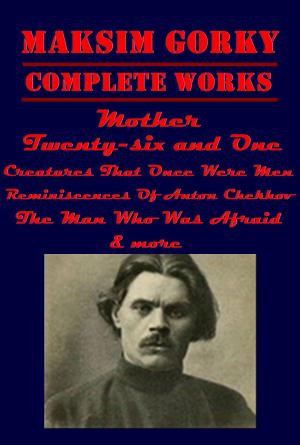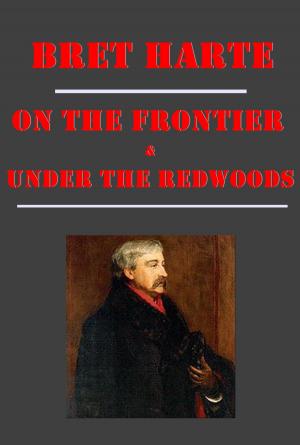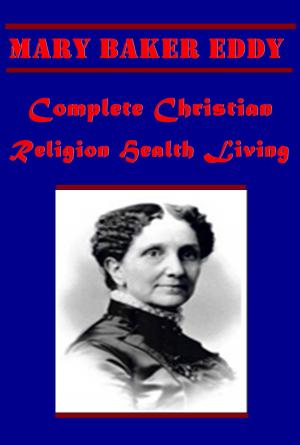Faust (Illustrated)
Nonfiction, Entertainment, Theatre, Broadway & Musical Revue, Fiction & Literature, Drama, Musicals, Performing Arts| Author: | Charles Gounod, Jules Barbier, Michel Carré | ISBN: | 1230000243475 |
| Publisher: | AGEB Publishing | Publication: | May 30, 2014 |
| Imprint: | Language: | English |
| Author: | Charles Gounod, Jules Barbier, Michel Carré |
| ISBN: | 1230000243475 |
| Publisher: | AGEB Publishing |
| Publication: | May 30, 2014 |
| Imprint: | |
| Language: | English |
The legend of the magician Faust and his compact with the Devil comes from remote antiquity. At first in the form of folk tales in many lands, through ballads and the primitive drama it found its way into literature. It remained for the master-poet, Goethe, to fuse all the elements of the legend into an imaginative drama of unequaled ethical and poetic interest, to give the story the form in which it appeals most strongly to the modern mind.
Innumerable musical works of every form have drawn inspiration from the story of Faust. Wagner's concert-overture, Liszt's symphony, and the beautiful fragments by Schumann are among the noblest of such works. Stage versions of the legend have been numerous, but the first really poetic creation was Spohr's opera of "Faust," composed in 1813. Since its appearance there has been an abundance of Faust operas by English, German, French and Italian composers down to the imaginative but fragmentary "Mefistofele" of Boito (1868). But of all the stage versions that have claimed the public attention, that of Barbier and Carré, made after Goethe's drama and set to music by Charles Gounod, is far and away the most popular, and may be regarded, in its lyric dress, as the most successful also. There exists scarcely a single rival to the popularity of Gounod's "Faust" among opera-goers.
The love story with which the French librettists concerned themselves exclusively is wholly Goethe's conception, and finds no place in the old legends concerning the magician Faust. With true Gallic instinct they seized this pathetic episode as being best adapted for a lyric setting, and making the most potent appeal to the emotions of the spectators. But to the composer himself is due the credit of suggesting the story of Faust as a suitable subject for musical treatment.
The legend of the magician Faust and his compact with the Devil comes from remote antiquity. At first in the form of folk tales in many lands, through ballads and the primitive drama it found its way into literature. It remained for the master-poet, Goethe, to fuse all the elements of the legend into an imaginative drama of unequaled ethical and poetic interest, to give the story the form in which it appeals most strongly to the modern mind.
Innumerable musical works of every form have drawn inspiration from the story of Faust. Wagner's concert-overture, Liszt's symphony, and the beautiful fragments by Schumann are among the noblest of such works. Stage versions of the legend have been numerous, but the first really poetic creation was Spohr's opera of "Faust," composed in 1813. Since its appearance there has been an abundance of Faust operas by English, German, French and Italian composers down to the imaginative but fragmentary "Mefistofele" of Boito (1868). But of all the stage versions that have claimed the public attention, that of Barbier and Carré, made after Goethe's drama and set to music by Charles Gounod, is far and away the most popular, and may be regarded, in its lyric dress, as the most successful also. There exists scarcely a single rival to the popularity of Gounod's "Faust" among opera-goers.
The love story with which the French librettists concerned themselves exclusively is wholly Goethe's conception, and finds no place in the old legends concerning the magician Faust. With true Gallic instinct they seized this pathetic episode as being best adapted for a lyric setting, and making the most potent appeal to the emotions of the spectators. But to the composer himself is due the credit of suggesting the story of Faust as a suitable subject for musical treatment.















